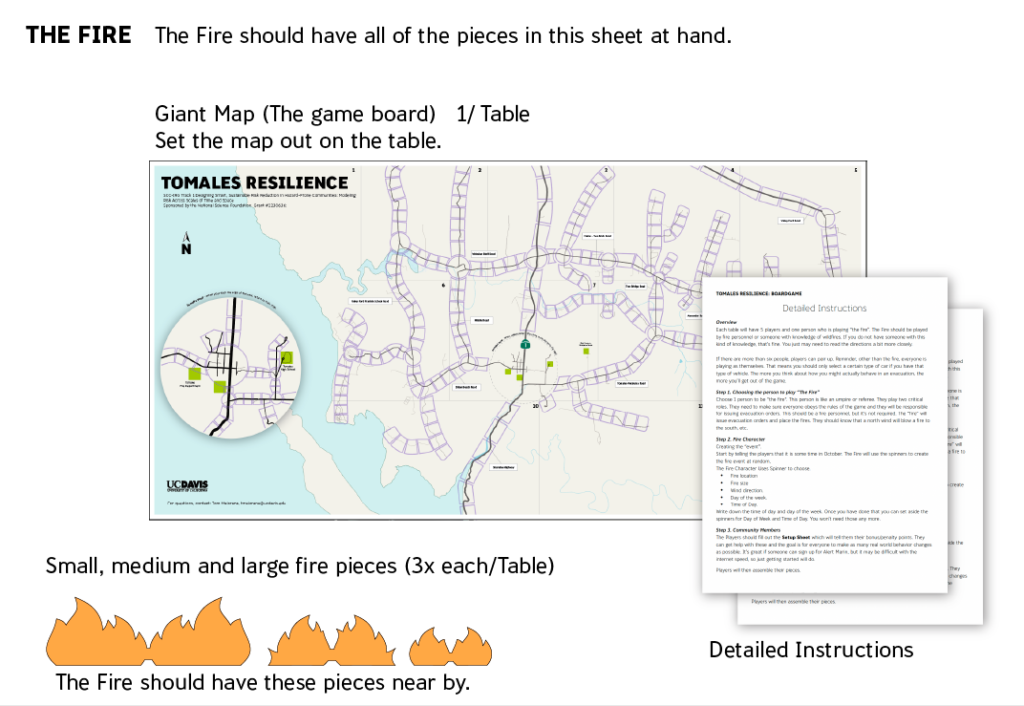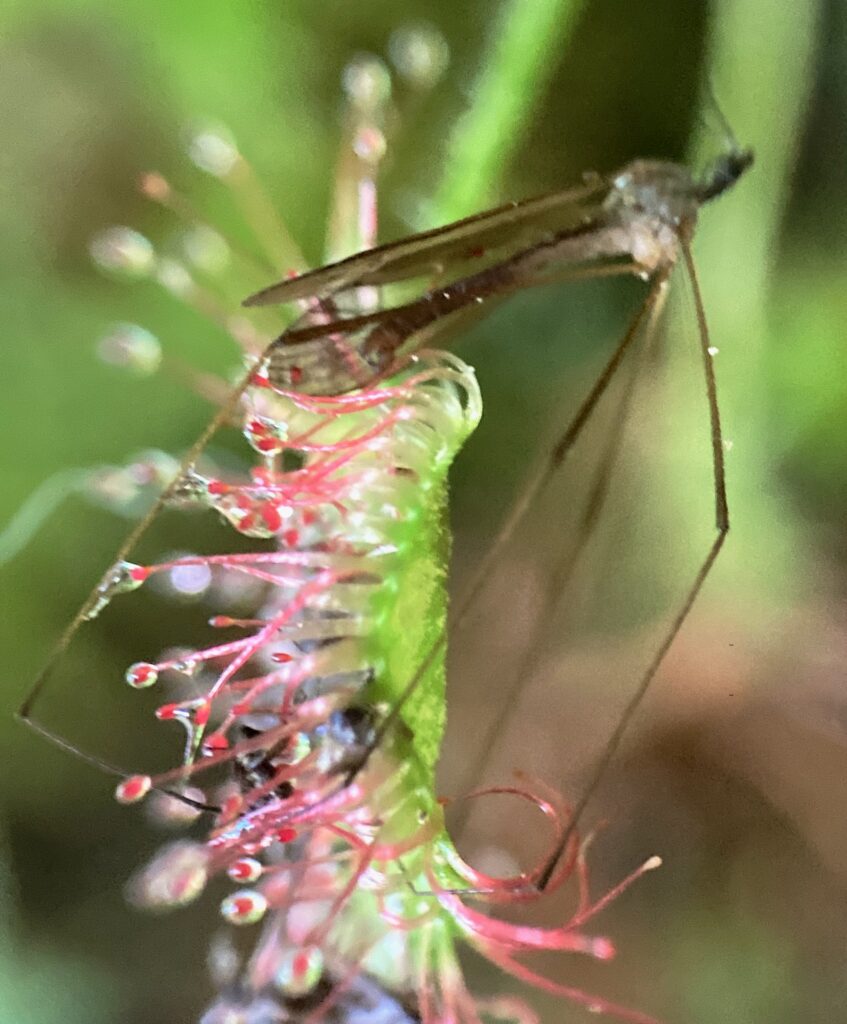I’ve read three or four recent news stories claiming that some large percentage of voters are going to place a lot of weight on the debates.
My personal opinion is that this seems silly. Skill in debating doesn’t necessarily correlate to skill in governing. Furthermore, a president of the United States is really only as good as their team. Debating skill tells me nothing about the ability of someone to put together a good management team. (Besides, we’ve already seen both of the two major presidential candidates govern for several years; we already know how they’re going to perform.)
But the United States seems obsessed with high stakes performance evaluations like the presidential debate. For high school kids, we love our high stakes school tests, and our SAT scores. For sports teams, we love our playoff games. For Unitarian Universalist ministers, we love our “candidating week,” seven days in which to evaluate a candidate for a years-long tenure.
We United Statesians also love our hyper-individualistic take on leadership. We love to imagine that the Great Man theory of leadership is correct. We like to believe that one person in a leadership role has a huge impact on an organization, which is why we pay Chief Executive Officers of for-profit corporations millions and billions of dollars. Even though the Great Man theory of leadership is obviously wrong, we fervently cling to our belief in it; we are leadership theory fundamentalists.
And people wonder why United States democracy is in such trouble….






